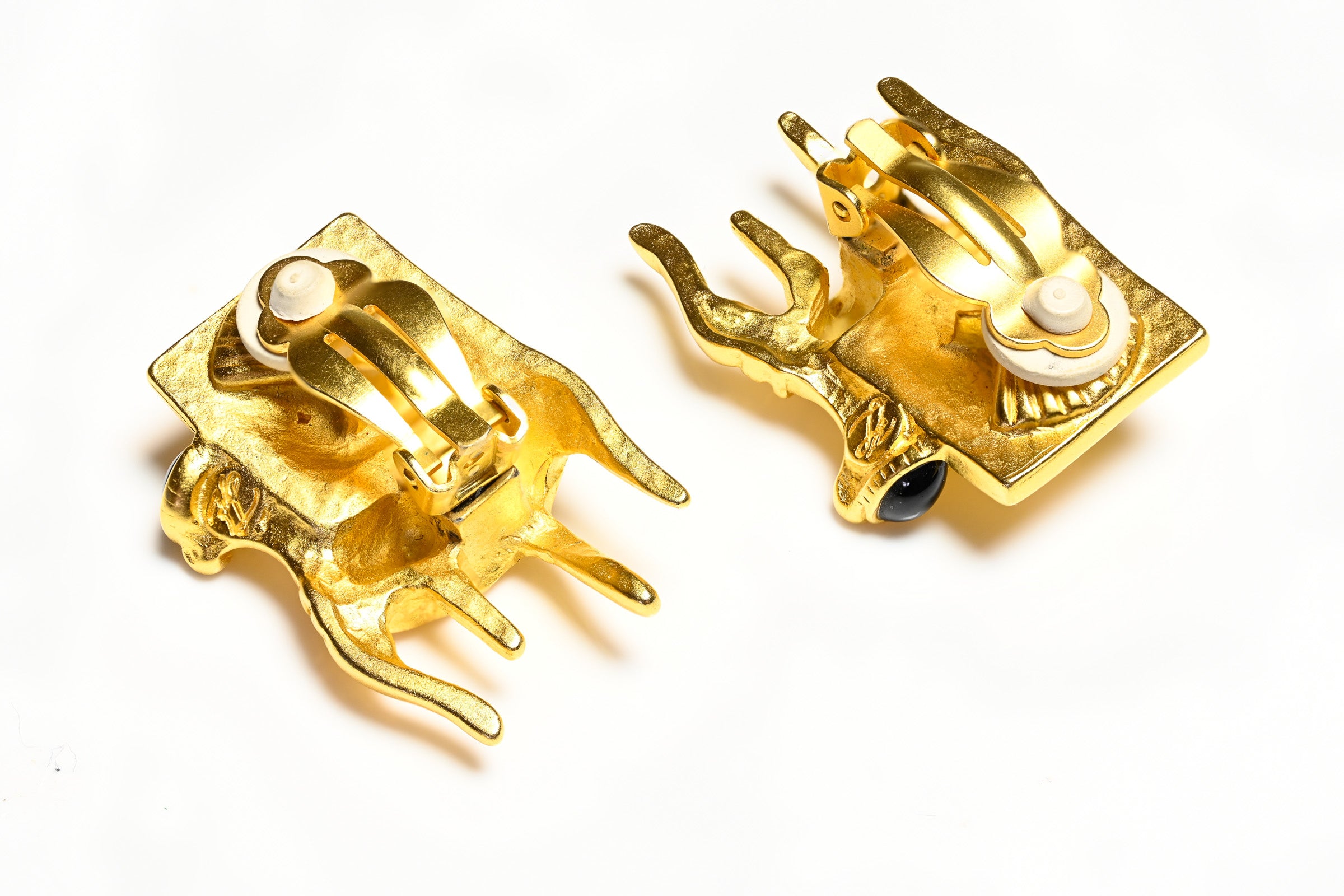
Who Is The Only King In History To Reign Longer Than Queen Elizabeth II
Queen Elizabeth II of Great Britain was the longest-serving British monarch and the second-longest-serving monarch in the history of the world, second only to one other European monarch.
The distinction of the longest reigning monarch of all time belongs to King Louis XIV of France, according to HotNews.
The King Who Reigned Longer Than Elizabeth II
King Louis XIV of France reigned for 72 years and 110 days between 1643 and 1715. Queen Elizabeth II's reign ended after 70 years and 214 days when she died on Thursday at the age of 96 at her beloved Balmoral Castle in Scotland.
Queen Elizabeth II was the only monarch in British history to spend 70 years on the throne, as she celebrated her Platinum Jubilee last April.
As for King Louis XIV, the longevity of his reign is all the more remarkable because he lived at a time when life expectancy was much lower than it is today.
However, it should be remembered that this statistic is somewhat distorted by the high infant mortality rate of the period and that people who lived past their first years of life lived somewhat closer to the present day in longevity.
In the ranking of the longest-lived monarchs, King Louis and Queen Elizabeth II are followed by King Rama IX of Thailand (1946-2016) and King Johann II of Liechtenstein (1858-1929). Queen Victoria, the second longest-lived British monarch in history, ranks tenth in the ranking, with a reign of 63 years and 216 days between 1837 and 1901.
Who Was The French "Sun King"?
Also known as the "Sun King", Louis XIV is probably best known to the general public for the famous quote "The State is me!".
He is said to have spoken these words to French parliamentarians gathered in a fledgling legislature to remind them of the primacy of royal authority after they challenged several edicts issued by the king in 1655.
This short sentence has come to symbolize the absolutism of medieval monarchies.
But historians dispute that this "sentence", which does not appear in the records of the Paris parliament, was actually pronounced by Louis XIV, especially as on his deathbed he said something quite different: "I die, but the state will always remain".
These words were apparently attributed to him in 1818 by the French historian and politician Pierre-Édouard Lémontey in one of his works in the context of the restoration of the monarchy in France after the fall of the empire established by Napoleon Bonaparte on the foundations of the French Revolution.
Although a monarchist who actually fought against the revolutionary troops, Lémontey would have attributed these words to the French king to underline the continuity between the institutions of the Old Regime and those of the Revolution, which he saw as a consequence of Louis XIV's absolutism.















